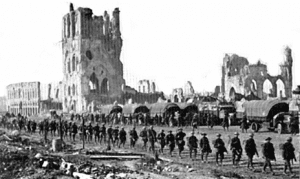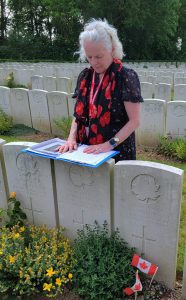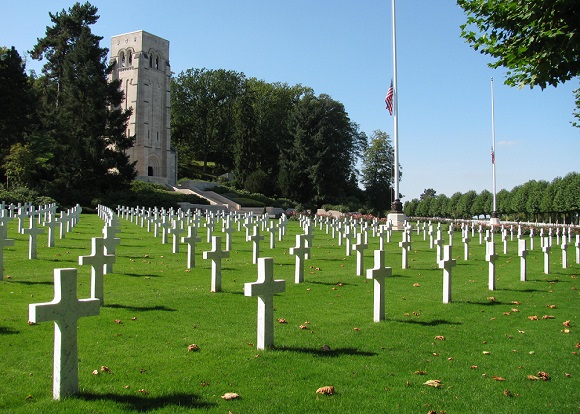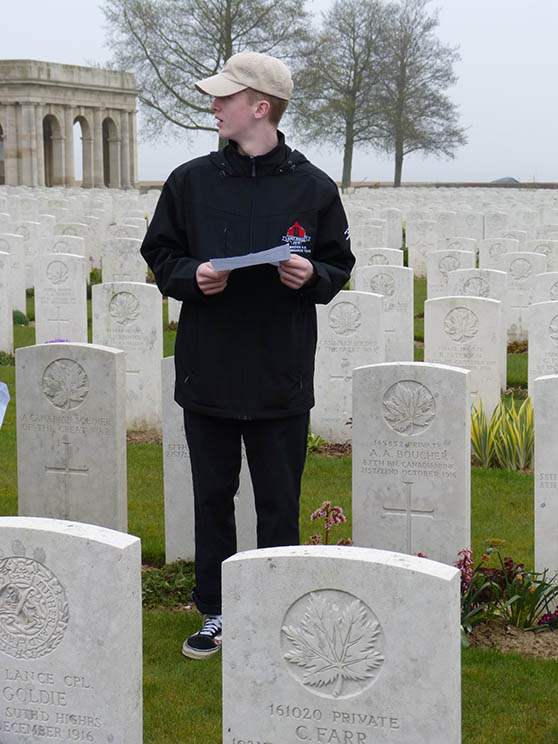
I’d got lost in the main square at Ypres, Belgium. I’d asked for directions from the man at a reception desk inside the town’s massive Cloth Hall. As I thanked him for getting me reoriented, I asked him about the story of Ypres’ recovery and restoration after the Great War in 1918.
“You know that the war levelled the city, yes?” I nodded, and he continued. “It was the forethought of the mayor and aldermen and others that saved our city after World War I.”
“I’d heard that,” I said.
“They gathered all the diagrams of buildings in Ieper (as Belgians call Ypres) and hid them in France,” he said.




